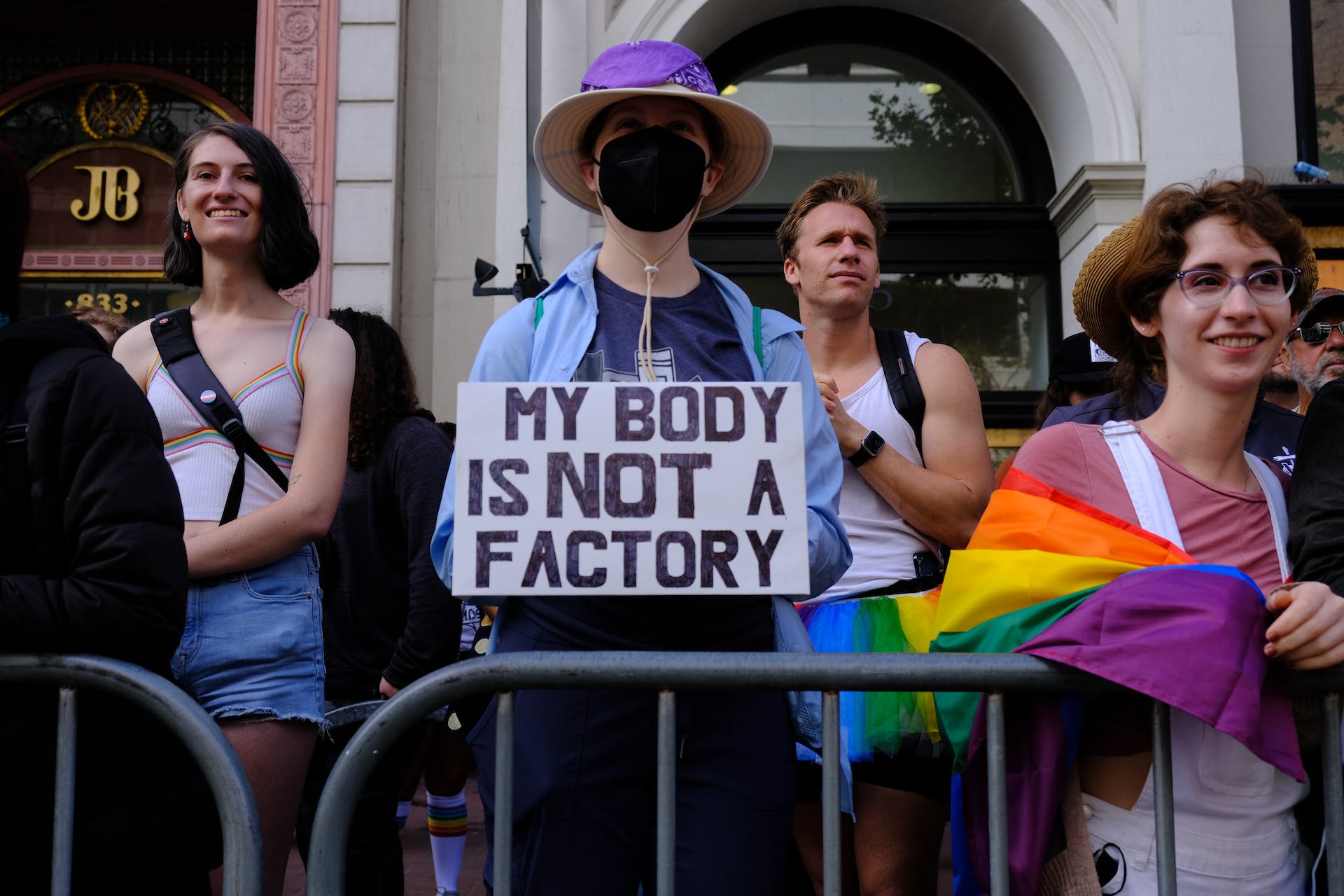Spain’s Groundbreaking ‘Transgender’ Law: A Step Forward for LGBTIQ+ Rights

Spain has taken a monumental step in LGBTIQ+ rights with the enactment of a new national law titled “Real and Effective Equality for Trans People.” Effective from March 2, 2023, this law revolutionizes the process of changing gender identity in official records. It removes the previous requirements of hormonal treatment and a medical diagnosis of gender dysphoria, making Spain one of the few European nations to adopt such progressive measures.
Personal Stories of Transition and Hope
Euronews reporters Valerie Gauriat and Davide Rafaelle Lobina spoke to individuals in Madrid who are directly impacted by the new law. Ezekiel, a 23-year-old aspiring firefighter, shared his journey of gender transition and the emotional challenges he faced. The new legislation has brought him relief, facilitating his official recognition as a man and simplifying various aspects of his life, from job applications to his dream of becoming a firefighter.
Self-Determination at 16
A remarkable aspect of Spain’s law is the empowerment of individuals as young as 16 to declare their gender identity, with parental consent required only for those under 12. This law aligns with Spain’s progressive stance on other youth rights, such as employment, sexual relations, and abortion, and is seen as a significant step in respecting and acknowledging young people’s understanding of their gender identity.

Controversies and Concerns
However, the law has not been without controversy. Critics like Vicenta Esteve Biot of the General Council of Psychology of Spain argue that the removal of medical and psychological assessments for sex changes might lead to hasty decisions without adequate reflection or professional guidance. This highlights the ongoing debate around the balance between self-identification and medical oversight in gender transition processes.
Changing Lives and Societal Views
Encarni Bonilla Huete, the president of the Chrysallis Association, speaks to the transformative impact of the law on families with transgender children. Her 12-year-old son Marc’s experience underscores the importance of familial support and societal acceptance in the lives of trans youths. Marc’s story is a testament to the positive change in personal well-being and family dynamics when transgender individuals can live openly and authentically.
Conclusion: A Landmark for Diversity and Acceptance
Spain’s new transgender law represents a significant advancement in legal and social recognition of gender diversity. It stands as a beacon of progress in the European Union, challenging societal norms and promoting a more inclusive and accepting environment for transgender and non-binary individuals. As Spain leads the way, the law’s implementation and its impact on trans individuals and their families will be closely observed and potentially serve as a model for other nations striving for greater LGBTIQ+ equality.
©equalityvoices.org


















